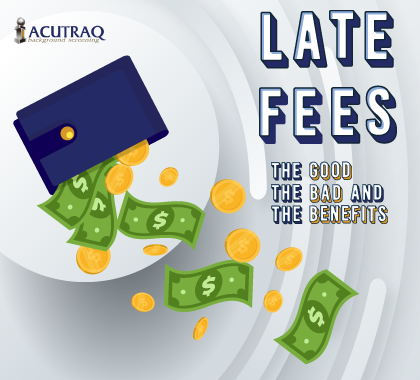|

|
Suppose you have entered your Social Security, driver’s license information, debit or credit card, bank account, […]
If someone has used your personal or financial information without your permission, then you are a[…]
In 2020, the Federal Trade Commission reported that 1.3 million people were victims of identity fraud.[…]